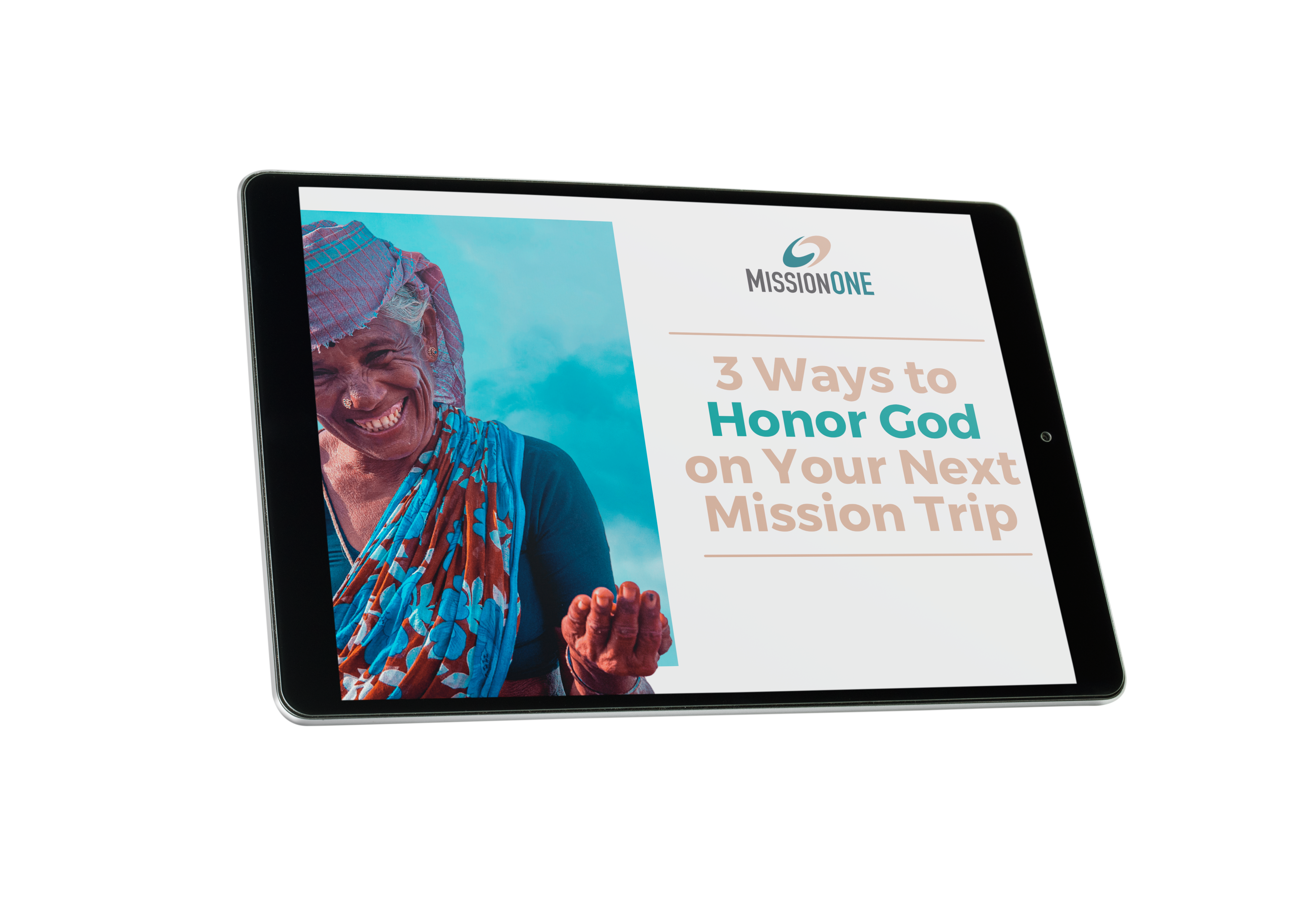
Our Discussion
Have you ever wondered what travel looked like in the New Testament? In this episode, we have Jason Borges, currently working at the Asia Minor Research Center where he does Biblical research and training! He is a PhD candidate at Durham University studying early Christian travel. Today, he shares his knowledge of travel in the ancient world, as we take a deep dive into how travel relates to Christian identity, connections, and social networks of the era.
We also explore honor and shame in relation to travel, the concept of travel in the New Testament, as well as travel’s function in both ministry and theology. Then, we take a closer look at the significance of hospitality and how it helped to shape a collective identity in Christ for early Christians. What were the dangers early travelers faced? How can travel help us understand the text in a better perspective? Why was travel key to the spread of faith and community? We answer all these questions and more! Join us as we take a journey into the past and walk the roads forged by our early Christian predecessors!
In this episode, we talk about:
- Travel in the ancient world; what it looked like, the perils and dangers early Christians faced, and its ties to the spread of Christianity.
- Honor and shame dynamics in relation to travel.
- The impact of travel to Paul, Philemon, and Onesimus.
- How travel & hospitality shaped early Christian social networks and community.
- The relationship between travel and Christian identity.
About Jason Borges
Jason Borges works at the Asia Minor Research Center in Antalya, Turkey, where he does biblical research and training. He is a PhD candidate under John Barclay at Durham University, studying early Christian travel.
Highlights
- 0:00:00 Meet Biblical researcher Jason Borges, working at the Asia Minor Research Center in Antalya, Turkey!
- 0:01:50 What made you want to study under John Barclay?
- 0:02:55 How did you start studying travel in the ancient world?
- 0:05:00 What has been written on the topic so far by Chrstian scholars?
- 0:08:35 How did the Roman Empire’s infrastructure help spread Christianity?
- 0:11:30 What did travel look like in the ancient world?
- 0:14:30 The dangers of traveling.
- 0:15:15 How was travel viewed back then?
- 0:17:35 What precautions were taken when people would carry money?
- 0:19:05 What are some major Roman roads that still remain today?
- 0:21:25 Were there any forms of identification?
- 0:23:15 How does honor-shame relate to travel?
- 0:25:45 New Testament hospitality.
- 0:28:00 What were the benefits of this hospitality to travelers?
- 0:30:15 How does travel impact Philemon?
- 0:33:55 How did travel connect Paul and Philemon?
- 0:38:40 Why does Paul need to welcome Onesimus back?
- 0:41:25 What was the hierarchical shift between Onesimus and Philemon?
- 0:43:10 Where is travel significant to help understand the text?
- 0:47:25 What were unique challenges women faced when traveling?
- 0:48:15 What did patronage mean in a Biblical sense?
- 0:49:50 How does travel function in ministry and theology?
- 0:53:10 What should contemporary Christians be more aware of concerning travel?
- 0:56:10 The relationship between travel and early Christian identity.
- 0:58:35 What do missions need to learn from theology, and what does theology need to learn from missions?
- 1:00:15 What resources do you recommend?
Resources & Links
- Paul and First-Century Letter Writing by E. Richards
- Saved by Faith and Hospitality by Joshua Jipp
- Follow Mission ONE on Instagram | @partnerwithmissionone
- Learn more on mission1.org
Listen Now!
Search the Blog
Free Resource

3 Ways to Honor God on Your Next Mission Trip
We're sharing three things you should consider before you organize or participate in an international mission trip, seek to do work in the multicultural neighborhood in your own city, or embark on any cross-cultural partnership.

